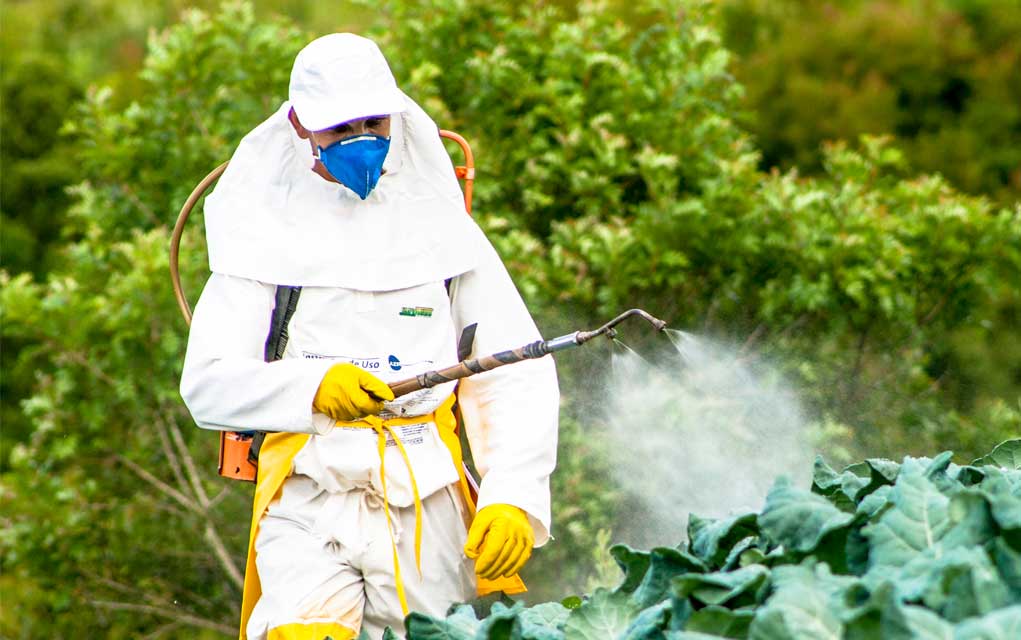
(WellnessPursuits.com) – Many of us remember dreading doctor appointments as small children. It might not have been the white coats or the boring offices that frightened us – it could have been the shots! There were so many shots.
Most of the inoculation series you received as a child, though, gave you immunity from diseases as an adult. Measles, mumps, diphtheria, polio — you received a lifetime of adaptive/acquired immunity from those ailments because of the vaccinations. But what about tetanus?
CDC Says No; WHO Says Yes:
What does current science say?
In those series, up to five tetanus/diphtheria inoculations were included by the time we were 6 years old. Some of us who were unfortunate enough to have accidents with various metal objects in our teen years probably remember having to go in for the dreaded tetanus/diphtheria booster shot, too.
It’s been conventional thought that there was no such thing as life-long acquired immunity to tetanus. Instead, the belief has been that unlike other pathogens we inoculated against, the immunity we gained against the tetanus bacteria was temporary and had to be renewed periodically.
For that reason, the Centers for Disease Control and Prevention (CDC) still advises getting a booster every 10 years. But the World Health Organization (WHO) took a step back, based on independent observational data from countries around the world, and currently recommends that adults only need tetanus boosters on a routine basis if they did not have the full vaccination series as children. In other words, the WHO is banking on the childhood vaccination series to provide permanent lifetime active acquired immunity from tetanus.
Researching the Answer
The seeming conflict of information between the CDC and the WHO led Mark Slifka, Ph.D., a professor at the Oregon Health & Science University School of Medicine, and his team of researchers to undertake a study.
To prove or disprove the safety of the WHO recommendation, the research team compared statistics from millions of people across North American and European countries. The researchers discovered no difference in rates of diseases between countries requiring tetanus and diphtheria booster shots and those that did not.
“To be clear, this study is pro-vaccine,” said Dr. Slifka. “Everyone should get their series of tetanus and diphtheria shots when they’re children. But once they have done that, our data indicates they should be protected for life.”
Research Says: You’re Protected If…
As long as you’ve had your full tetanus series, current research shows that boosters don’t seem to be necessary. If you’re unsure about your vaccination history, or if you didn’t receive your tetanus shots as a child, be sure to talk to your doctor. Though tetanus is rare in the US, nearly all tetanus-related deaths occur in those who didn’t receive their full vaccination series.
~Here’s to Your Healthy Pursuits!
Copyright 2020, WellnessPursuits.com
















